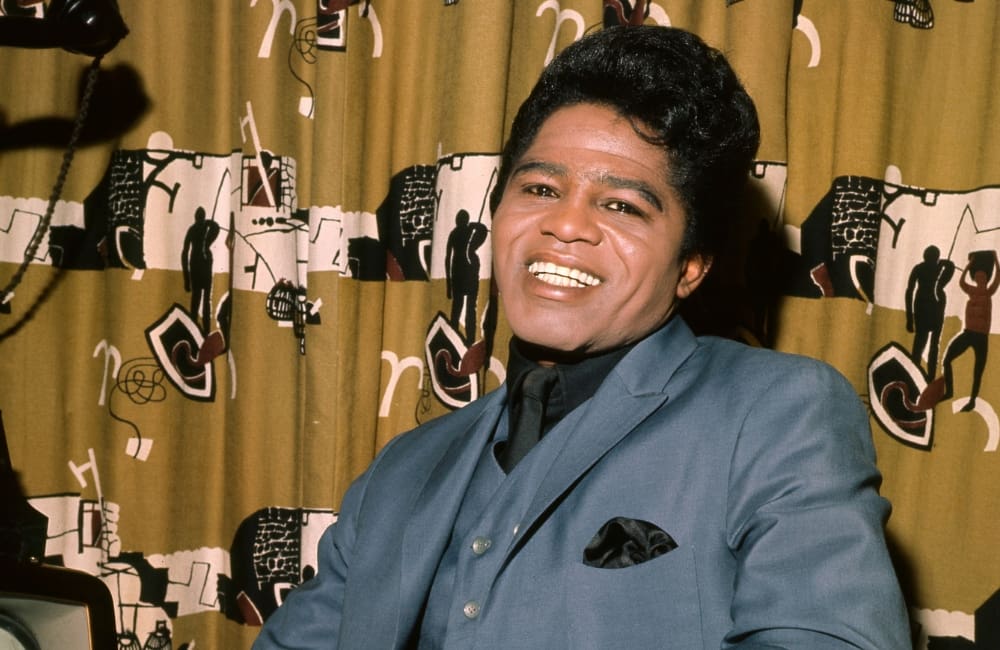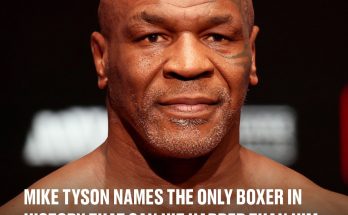
James Brown’s Daughter Says There Would Be No Hip-Hop, Michael Jackson or Usher Without Her Dad (Exclusive)

James Brown‘s daughter has declared there would be “no hip-hop, Michael Jackson or Usher” without her late father.
“There would be no hip-hop. There would be no rap, because he’s the most-sampled artist,” she said to People magazine while promoting A+E’s four-part docuseries, James Brown: Say It Loud.
“There would be no Michael [Jackson], there would be no Usher, there’d be no Chris Brown — all these people who took from him.
“I mean, where would it be? You could ask a lot of these musicians, they’ll tell you the same thing. It would probably be zero. I think LL [Cool J] says that in the documentary that the trajectory of music would be — he can’t even imagine where it would be without James Brown,” Deanna continued.
His other daughter, Yamma, 50, discussed her father being the creator of funk and influencing many genres.
“Somebody sitting at home maybe watching it and think, ‘His story is not that dissimilar than mine and look what he went on to do.’ And if you can inspire somebody to be the greatest at what they can be, that’s amazing. I just wish he was still here to see some of this. He would not believe it,” Yamma said.
The “Get Up (I Feel Like Being a) Sex Machine” hitmaker’s five-decade career saw him start out as a gospel singer before pioneering and experimenting with funk, soul, blues, jazz, R&B and rock ‘n’ roll.
His sweat-inducing live shows saw him dancing intensely, including dropping to his knees while clutching the microphone stand in his hands, and often went on for hours.
Brown — who has nine children — famously sang in a rowdy, shouty style.
In a 1988 interview with SPIN magazine in 1988, he shed some light on the invention of funk.
“Funk is the root of the blues. It’s soul, jazz, and gospel. Funk is coming down on the one. If it’s on the one, then it’s funky. But it’s hard for me to get people to understand that,” Brown explained.
“It took me four or five years to get Bootsy Collins to understand what ‘on the one’ was. Most people didn’t know what it was. They know now. ‘Take me to the bridge,’ I heard someone use that expression maybe 45 years ago, referring to the middle part of a song, and I changed it to mean a release,” he said.

